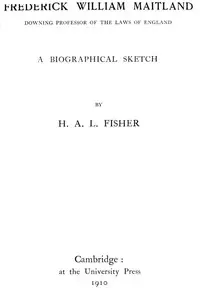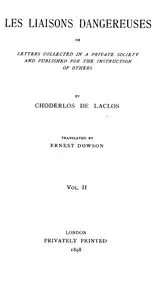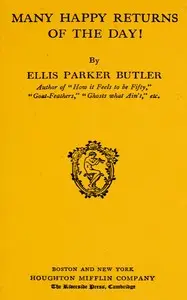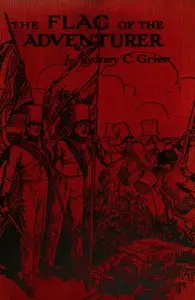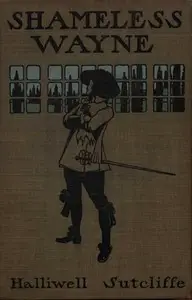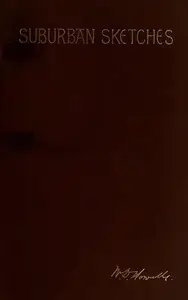"Mr. Dooley Says" by Finley Peter Dunne is a collection of humorous essays written in the early 20th century. The work features the musings of Mr. Dooley, a fictional character who provides commentary on various topics such as social issues, politics, and everyday life, typically through conversations with his friend Mr. Hennessy. The book likely reflects the author's keen observations on American society and the whimsical nature of human relationships, all delivered in a rich, comedic dialect. At the start of the book, Mr. Dooley introduces the topic of divorce in a witty and engaging manner. He discusses the peculiarities of divorce laws across different states, highlighting the absurdities of various grounds for divorce, such as baldness or snoring. Through his banter with Mr. Hennessy, Dooley explores societal views on marriage and divorce while presenting comical anecdotes about a man named "Greasy Bill" who marries a saloon keeper's daughter only to find that their lives have diverged over the years. This setting establishes Dooley’s charismatic persona as a keen observer of life’s quirks and social conventions, setting the tone for the blend of comedy and contemplation that characterizes the rest of the essays. (This is an automatically generated summary.)

Mr. Dooley Says
By Finley Peter Dunne
"Mr. Dooley Says" by Finley Peter Dunne is a collection of humorous essays written in the early 20th century. The work features the musings of Mr. Doo...
Finley Peter Dunne was an American humorist, journalist and writer from Chicago. In 1898 Dunne published Mr. Dooley in Peace and in War, his first collection of the nationally syndicated Mr. Dooley sketches. Written as though speaking with the thick verbiage and accent of an Irish immigrant from County Roscommon, Dunne's fictional "Mr. Dooley" expounded upon political and social issues of the day from behind the bar of his South Side Chicago Irish pub. Dunne's sly humor and political acumen won the support of President Theodore Roosevelt, a frequent target of Mr. Dooley's barbs. Dunne's sketches became so popular and such a litmus test of public opinion that they were read each week at White House cabinet meetings.






